Mangaluru, Jan 9: Speakers at an inter-religion intellectual meet on peace, harmony and national integration here on Monday stressed on the need for organising more such meets in wards and mohallas to promote trust among people from different religions.
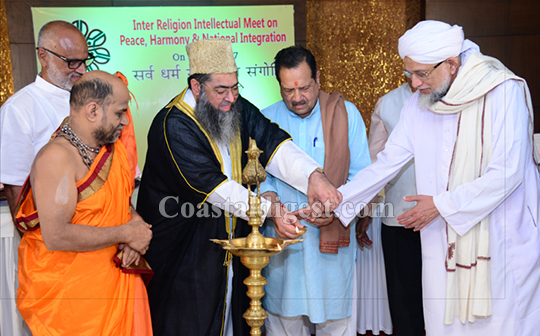
Imam Umer Ahmed Ilayasi, chief Imam, Delhi; Sugunendra Tirtha, seer of Udupi Puttige Mutt, Shaikuna Twaka Ahmed Musliyar, Khazi of Mangaluru; Indresh Kumar, a leader of the Rashtriya Swavam Sevak Sangh; Abdul Rasheed, president, Ullal Dargah Committee; and Father Valerian D'Souza addressed the gathering.
M N Krishnamurthy, president, Rights Awareness and Knowledge Society, which organized the event, said that communal clashes are the result of conflict of ideologies. Mostly people from lower strata of society were involved in communal troubles. They should be educated. India should hold its secular fabric intact by equally maintaining multi-cultural and multi-linguistic and multi-religious tradition.
Twaka Ahmed Musliyar termed the patronage enjoyed by Muslim community during the reign of erstwhile Hindu kingdoms in the coastal Karnataka and Kerala then as the best example of religious tolerance.?It is also recorded by Moroccan traveller Ibn Battuta who was in awe of thousands of Muslims living in peace during the rule of a Hindu king, he said.
He said that Hindus had not only wholeheartedly welcomed Arab Muslim traders to India in the 7th century A.D. but also were impressed by their character and kindness. “We should learn religious tolerance from them,” he said.
Musliyar said several Hindu kings were benevolent and granted land for mosques. One of the oldest mosques that dates back to over 1,000 years and was rechristened Zeenat Baksh by erstwhile ruler of Mysuru Tipu Sultan exists still in Mangaluru, he added.
The Khazi gave a call for the Muslims to take the onus of spreading peace in the society.
In his address Mr. Rasheed said that only a small section of society created communal trouble in Mangaluru. The others, who are in majority, should educate such persons by holding mohalla-level inter-religion meets.
Father D'Souza said that all scriptures taught that one need to be humane first to become a good human being.
The Puttige mutt seer likened the religions to “pancha mukha” (five faces) of Anjaneya with one heart. The country is like a heart with different religions.
He said that development activities depended on the prevalence of peace. If a society or a region is frequently disturbed by violent activities, development cannot take place. Stressing on the need for promoting love and peace among people, he said that more inter-religious meets should be organised to keep the relations intact.
Imam Umer Ahmed Ilayasi said that people from different religions should respect each other and love religions. Though Mangaluru is known for its entrepreneurship, it is also known for frequent communal trouble. There should be more inter-face dialogue.
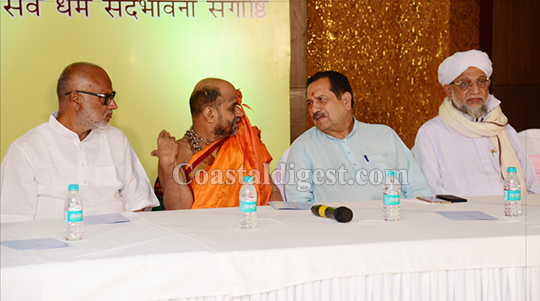
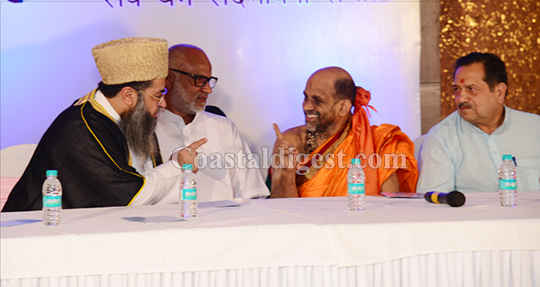
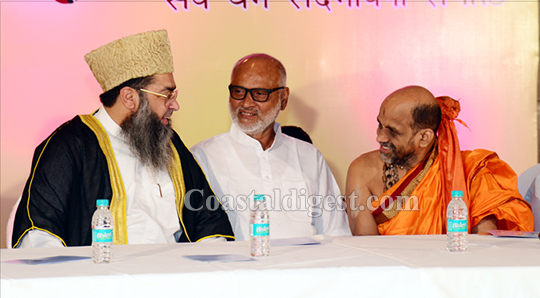
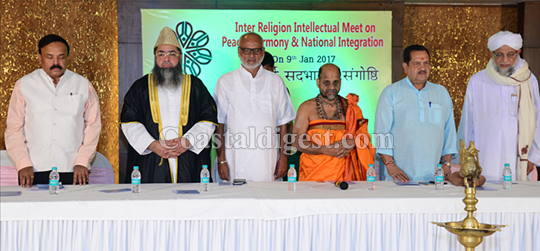
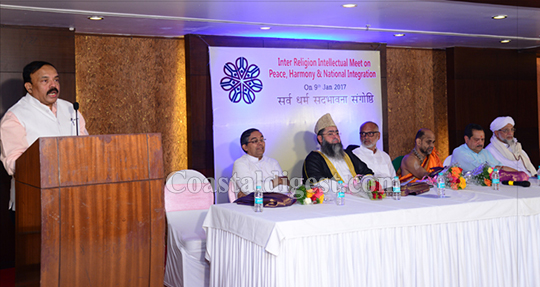
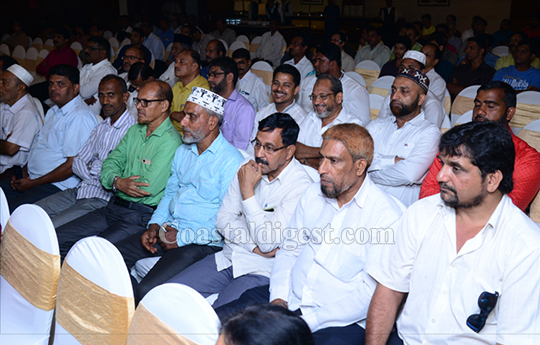
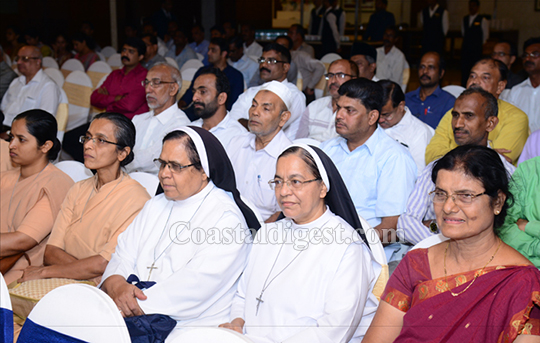
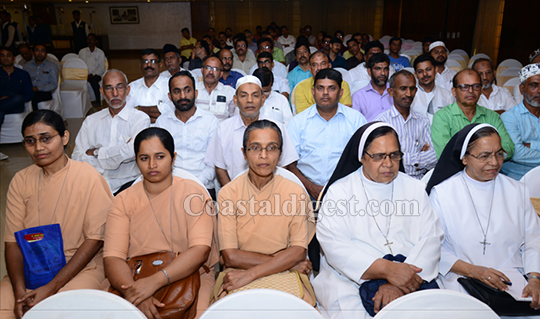
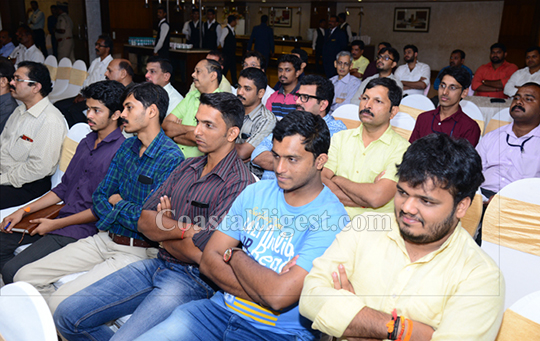
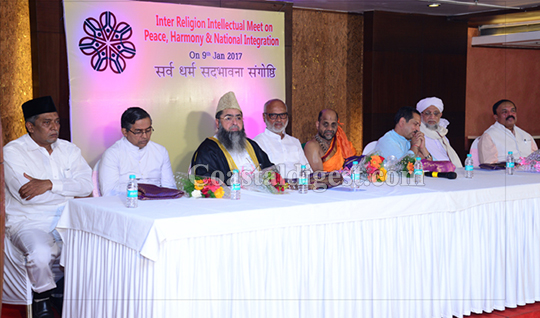
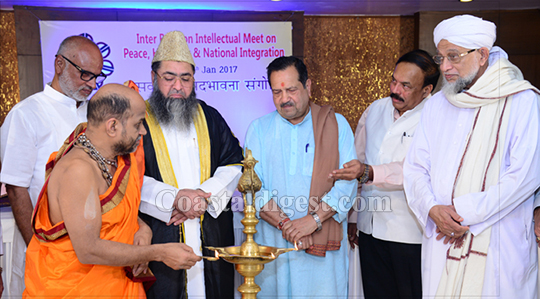


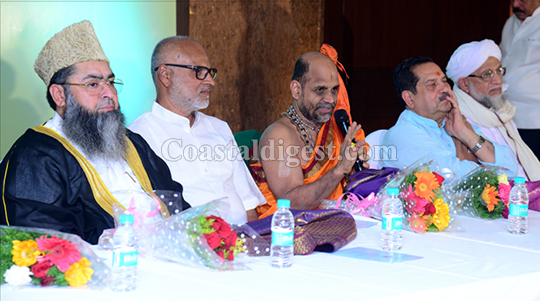
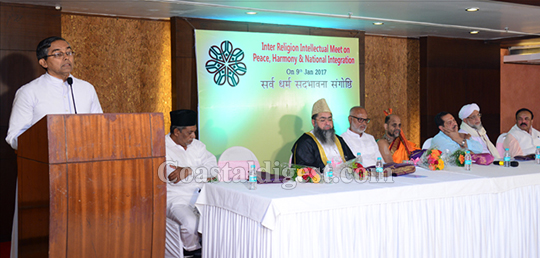
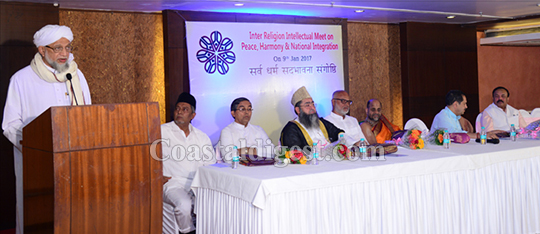







Comments
I wanted to thank you for this excellent read!! I certainly loved every little bit of it.
I've got you bookmarked to check out new stuff you
Here is my website Jim: http://bing.co.uk
CD publish news for such things. Why no news update about the miracle exhibition at Nehru maidan which is going on since 3 days??!!!
Any pressure from some groups or leaders??!
I thought cd was having clear journalism. Trust failed.
Everthing is ok except inviting Indresh Kumar who is leader of terrorist group. This terrorist is trying to divide muslims by supporting hand counted name sake muslims for change in Sharia Law. Is this Moulana is soft for this terrorist and will support him for change in Sharia Law?
What a shamful act from our Khazi.
He attended the program organised by RSS? He don't know, what is RSS?
bhakwas
how any one can share stage with terrorist case accused MRM chief Indresh Kumar.
Inna Lillahi Wainna Ilaihi Rajioon.. Shirk In the name of Harmony
Add new comment